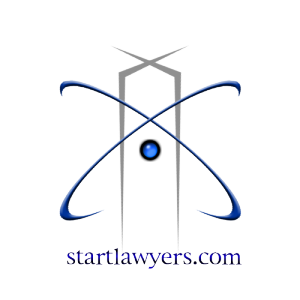O nouă abordare a timpului de lucru: 4 zile lucrătoare și 3 zile de repaus
Un proiect de lege propune o nouă abordare a repartizării timpului de lucru: patru zile lucrătoare și trei de repaus. Proiectul este înregistrat la Senat pentru dezbatere.
Astfel, proiectul propune modificarea articolelor 112 și 113 din Codul Muncii. Concret, norma timpului de muncă va putea fi și de 10 ore pe zi, cu respectarea maximului de 40 ore pe săptămână.
Cum își motivează senatorii inițiativa
Expunerea de motive a proiectului precizează că acesta are în vedere un precedent apărut la nivel internațional. Acesta privește creșterea productivității muncii anagajaților în companiile multinaționale și în unele instituții publice.
Un studiu citat de CNN Money spune că tot mai multe companii americane le oferă angajaților posibilitatea să lucreze patru zile pe săptămână, câte 10-11 ore pe zi. Specialiștii în resurse umane apreciază că soluția poate crește productivitatea angajaților. Aceasta presupune, însă, o perioadă prealabilă de acomodare la noul program, care este în medie de 3 luni.
Care ar fi beneficiile acestui mod de lucru
Potrivit expunerii de motive, nu în toate domeniile de lucru este avantajoasă această variantă. Ea se poate aplica cu succes în industria auto. Însă în domeniile unde angajații trebuie să fie creativi, această variantă ar fi mai greu de implementat.
Inițiatorii susțin că prin faptul că va exista un weekend prelungit va crește productivitatea angajaților, dar și economia de consum.
De asemenea, acolo unde angajatorii doresc păstrarea celor 5 zile de lucru, va fi nevoie de noi angajări.
Concret: ce prevede proiectul de lege?
Proiectul prevede modificarea Codului Muncii, în sensul în care norma de lucru se va stabili cu respectarea prevederilor Directivei 2003/88/CE a Parlamentului European și Consiliului Uniunii Europene, în funcție de raportul contractual dintre angajat și angajator. Ea poate fi și de 10 ore pe zi, cu respectarea a 40 de ore pe săptămână.
De asemenea, repartizarea timpului de muncă se stabilește de comun acord între angajator și angajat și poate fi de 10 ore pe zi timp de 4 zile, cu 3 zile de repaus. Totul, cu respectarea prevederilor Directivei 2003/88/CE a Parlamentului European și Consiliului Uniunii Europene.
In plus…
Un alt proiect de lege prevede modificarea duratei minime a concediului de odihnă anual de la 21 la 25 de zile lucrătoare. Din acestea, o zi este pentru sărbătorirea zilei de naștere a angajatului.
Dacă doriți să fiți mereu la zi cu noutățile și propunerile legislative relevante pentru dumneavoastră, ne puteti contacta aici.
